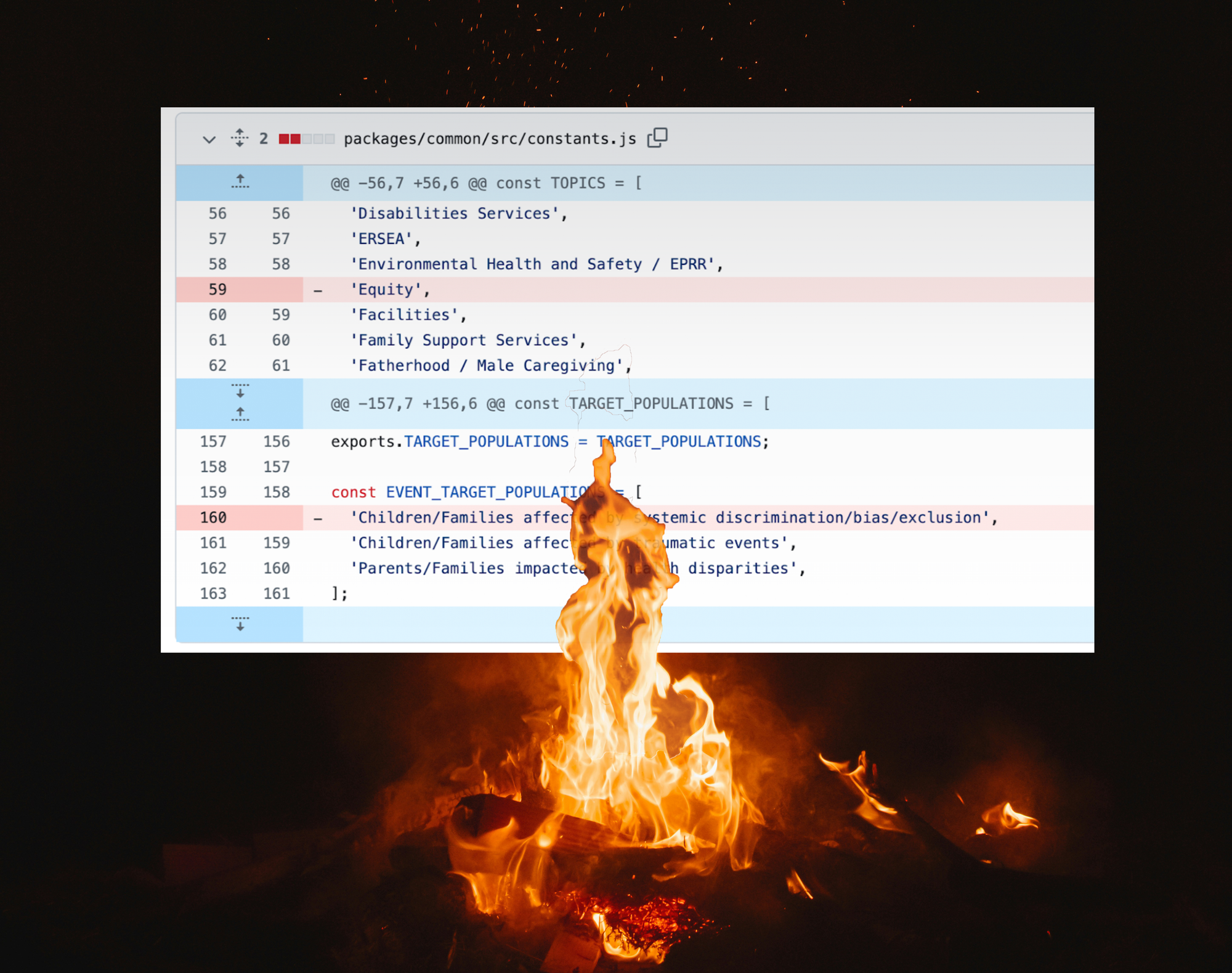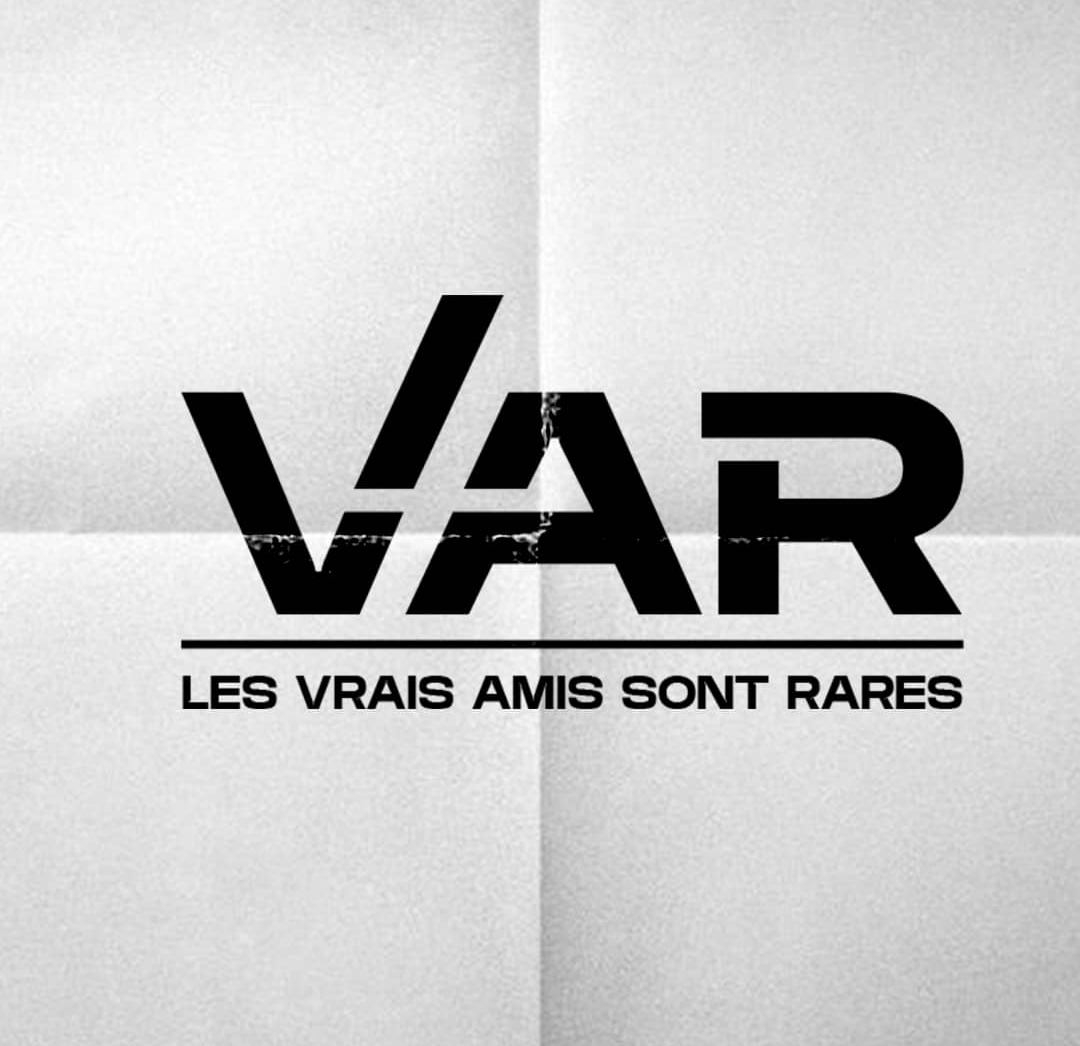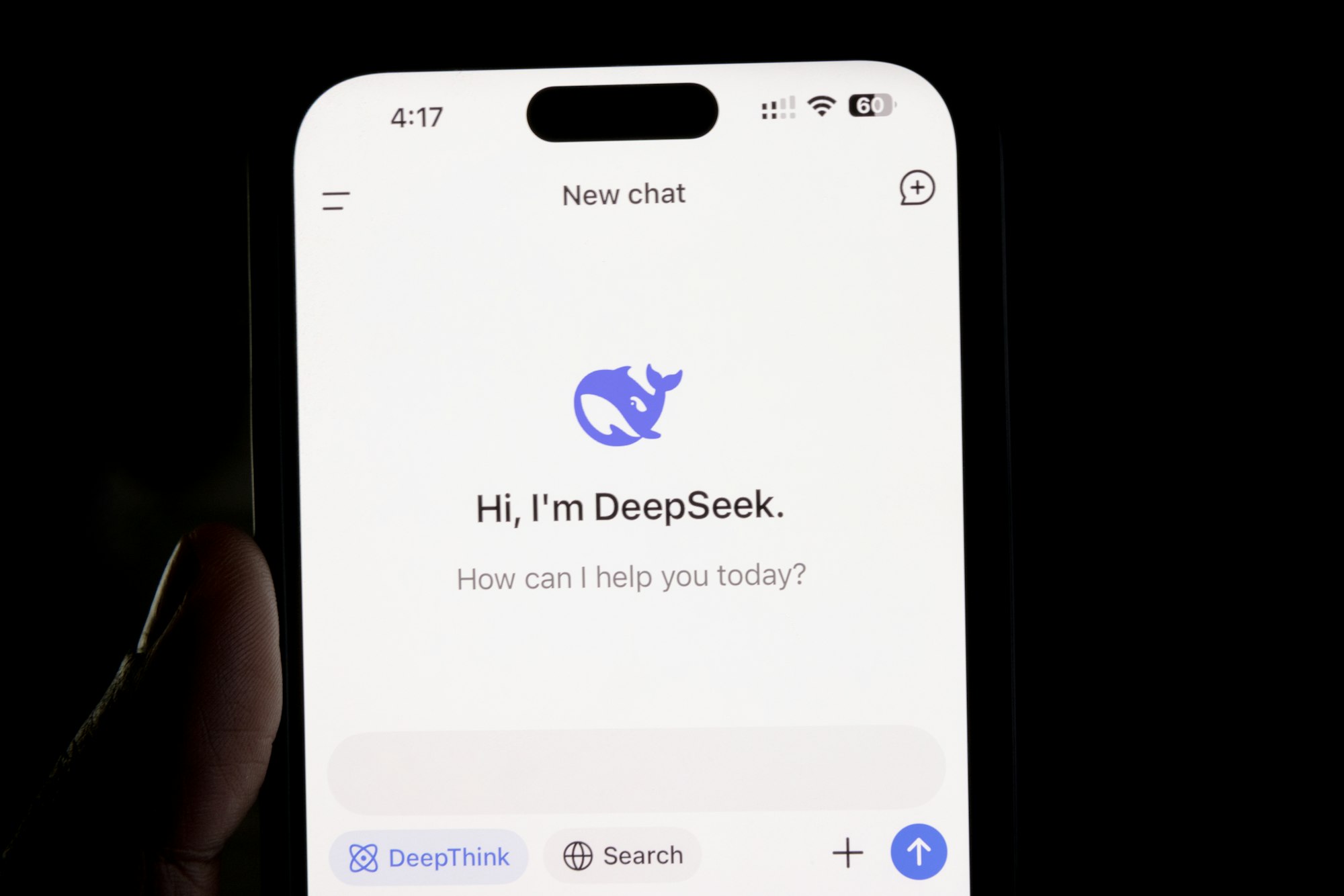APNEWS.COM
WHO chief asks countries to push Washington to reconsider its withdrawal
Tedros Adhanom Ghebreyesus, Director General of the World Health Organization (WHO), speaks to journalists during a press conference at the World Health Organization (WHO) headquarters in Geneva, Switzerland, on April 6, 2023. (Martial Trezzini/Keystone via AP, File)2025-02-03T06:00:06Z GENEVA (AP) The World Health Organization chief asked global leaders to lean on Washington to reverse President Donald Trumps decision to withdraw from the U.N. health agency, insisting in a closed-door meeting with diplomats last week that the U.S. will miss out on critical information about global disease outbreaks. But countries also pressed WHO at a key budget meeting last Wednesday about how it might cope with the exit of its biggest donor, according to internal meeting materials obtained by The Associated Press. A German envoy, Bjorn Kummel, warned: The roof is on fire, and we need to stop the fire as soon as possible.For 2024-2025, the U.S. is WHOs biggest donor by far, putting in an estimated $988 million, roughly 14% of WHOs $6.9 billion budget. A budget document presented at the meeting showed WHOs health emergencies program has a heavy reliance on American cash. Readiness functions in WHOs Europe office were more than 80% reliant on the $154 million the U.S. contributes. The document said U.S. funding provides the backbone of many of WHOs large-scale emergency operations, covering up to 40%. It said responses in the Middle East, Ukraine and Sudan were at risk, in addition to hundreds of millions of dollars lost by polio-eradication and HIV programs. The U.S. also covers 95% of WHOs tuberculosis work in Europe and more than 60% of TB efforts in Africa, the Western Pacific and at the agency headquarters in Geneva, the document said. At a separate private meeting on the impact of the U.S. exit last Wednesday, WHO finance director George Kyriacou said if the agency spends at its current rate, the organization would be very much in a hand-to-mouth type situation when it comes to our cash flows in the first half of 2026. He added the current rate of spending is something were not going to do, according to a recording obtained by the AP. Since Trumps executive order, WHO has attempted to withdraw funds from the U.S. for past expenses, Kyriacou said, but most of those have not been accepted. The U.S. also has yet to settle its owed contributions to WHO for 2024, pushing the agency into a deficit, he added. WHOs leader wants to bring back the USLast week, officials at the U.S. Centers for Disease Control and Prevention were instructed to stop working with WHO immediately. WHO Director-General Tedros Adhanom Ghebreyesus told the attendees at the budget meeting that the agency is still providing U.S. scientists with some data though it isnt known what data.We continue to give them information because they need it, Tedros said, urging member countries to contact U.S officials. We would appreciate it if you continue to push and reach out to them to reconsider.Among other health crises, WHO is currently working to stop outbreaks of Marburg virus in Tanzania, Ebola in Uganda and mpox in Congo. Tedros rebutted Trumps three stated reasons for leaving the agency in the executive order signed on Jan. 20 Trumps first day back in office. In the order, the president said WHO mishandled the COVID-19 pandemic that began in China, failed to adopt needed reforms and that U.S. membership required unfairly onerous payments. Tedros said WHO alerted the world in January 2020 about the potential dangers of the coronavirus and has made dozens of reforms since including efforts to expand its donor base.Tedros also said he believed the U.S. departure was not about the money but more about the void in outbreak details and other critical health information that the United States would face in the future. Bringing the U.S. back will be very important, he told meeting attendees. And on that, I think all of you can play a role.Kummel, a senior advisor on global health in Germanys health ministry, described the U.S. exit as the most extensive crisis WHO has been facing in the past decades. He also asked: What concrete functions of WHO will collapse if the funding of the U.S. is not existent anymore?Officials from countries including Bangladesh and France asked what specific plans WHO had to deal with the loss of U.S. funding and wondered which health programs would be cut as a result. The AP obtained a document shared among some WHO senior managers that laid out several options, including a proposal that each major department or office might be slashed in half by the end of the year.WHO declined to comment on whether Tedros had privately asked countries to lobby on the agencys behalf. Experts say US benefits from WHOSome experts said that while the departure of the U.S. was a major crisis, it might also serve as an opportunity to reshape global public health.Less than 1% of the U.S. health budget goes to WHO, said Matthew Kavanagh, director of Georgetown Universitys Center for Global Health Policy and Politics. In exchange, the U.S. gets a wide variety of benefits to Americans that matter quite a bit, he said. That includes intelligence about disease epidemics globally and virus samples for vaccines. Kavanagh also said the WHO is massively underfunded, describing the contributions from rich countries as peanuts. WHO emergencies chief Dr. Michael Ryan said at the meeting on the impact of the U.S. withdrawal last week that losing the U.S. was terrible, but member states had tremendous capacity to fill in those gaps. Ryan told WHO member countries: The U.S. is leaving a community of nations. Its essentially breaking up with you.Kavanagh doubted the U.S. would be able to match WHOs ability to gather details about emerging health threats globally, and said its exit from the agency will absolutely lead to worse health outcomes for Americans.How much worse remains to be seen, Kavanagh said.___Cheng reported from Toronto. ___The Associated Press Health and Science Department receives support from the Howard Hughes Medical Institutes Science and Educational Media Group and the Robert Wood Johnson Foundation. The AP is solely responsible for all content. JAMEY KEATEN Keaten is the chief Associated Press reporter in Geneva. He previously was posted in Paris and has reported from Afghanistan, the Middle East, North Africa and across Europe. twitter
0 Yorumlar
0 hisse senetleri
274 Views
0 önizleme









